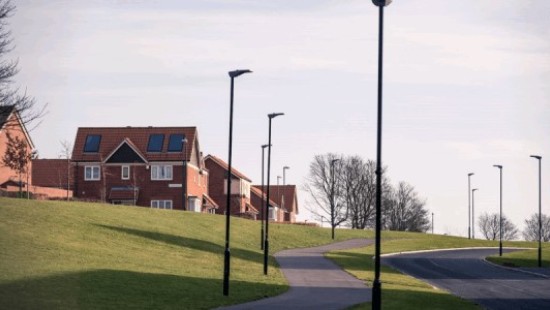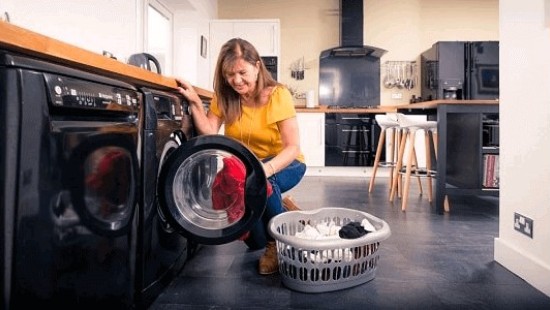What is a misconnection?
Plumbing and drainage misconnections pollute rivers and beaches throughout the UK.
What is a misconnection?
Although in general it’s unintentional, hundreds of thousands of toilets, sinks, washing machines or dishwashers are incorrectly connected into drains that are intended to receive clean rainwater.
Foul water drains are used for wastewater. That includes waste like toilet paper, pee, and poo, and waste from your washing machine and shower.
Surface water is rainwater, puddles, that kind of thing. Surface drains take surface water straight back into the environment.
When wastewater is connected to a surface water drain, and vice versa, it's called a misconnection.
It also means if surface water is going into your foul drains, there's a bigger risk of flooding, especially during heavy rain.
What are the risks?
It has been estimated by Defra that between 0.6% and 2.0% of households in the UK (around 150,000 to 500,000 households) may have some sort of misconnection.
The most commonly misconnected appliances are washing machines (35%), sinks (20%) and dishwashers (10%), but in 5% of instances it involves a toilet.
From a misconnected kitchen sink, you're pouring food waste, fats/oils/greases as well as bleaches, detergents and washing liquids straight into the environment.
That kind of pollution only gets worse depending on what chemicals are used, too, so our wildlife and natural habitats are all at risk.

More in this section
Are you sure?
Changes are waiting to be saved

